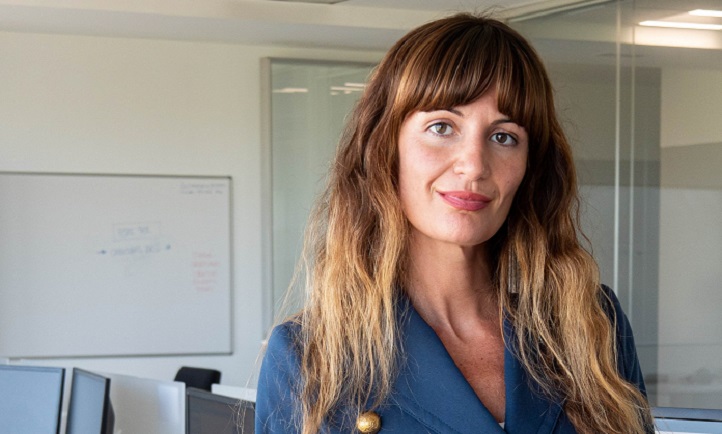The 2020-2021 academic year will begin on the dates set out by the University’s academic calendar, on September 28th for new students, and the 29th for the rest of the students. It will also do so in a maximum attendance and semi-attendance format in the three faculties that make up the campus, as explained by the Vice President of Academic Affairs and Faculty, Dr. Silvia Aparicio. “Several attendance, semi-attendance and online teaching scenarios have been proposed to achieve high attendance results in classrooms through the maximization of spaces.From there, a contingency plan and protocols have been developed, which guarantee a high level of security on campus”.
To adapt to this format, the European University of the Atlantic decided to expand the teaching spaces and increase the number of groups in certain subjects, allowing for a distance of 1.5 meters between those who attend the classrooms. “This is therefore a mixed model”, stated the vice-rector, “which will combine maximum attendance and semi-attendance in some subjects. To this end, asynchronous classes will be enabled along with synchronous virtual tutorials”.
With regard to the division of groups, “the academic directors of each grade and, later on, the professors of each subject, will address the students in a timely manner through the virtual campus about the days that they must attend the classrooms for practical classes. Therefore, it is so important to respect the registration dates, which will be held from the 21st to the 23rd of this September for 2nd, 3rd and 4th year students. By which, once the definitive schedule of the students for each subject is known, the group distributions can be made when necessary”.
Regarding the optimization of non-attendance classes, a series of improvements have been carried out on campus to guarantee teaching quality. “The information and communication technology equipment has been expanded and renewed, as well as the systems and capacity infrastructures for the cloud”.
Lastly, it should be noted that thirty new professors have been incorporated for this new academic year, “all of whom with a proven ability to adapt to online teaching.” But Dr. Aparicio also adds that she has “full confidence in the digital skills of all teachers, both new and existing ones, as well as in their ability to adapt, if the situation so requires it”.
All faculty members will undergo PCR testing prior to the beginning of classes to further enhance prevention measures.
Naturally, the use of masks will be mandatory in the classrooms, which will be regularly ventilated and disinfected, with hydroalcoholic gels and virucides made available to students.
To complete this information, an official communiqué from the Rector’s Office is available to the university community, which can be read here.


